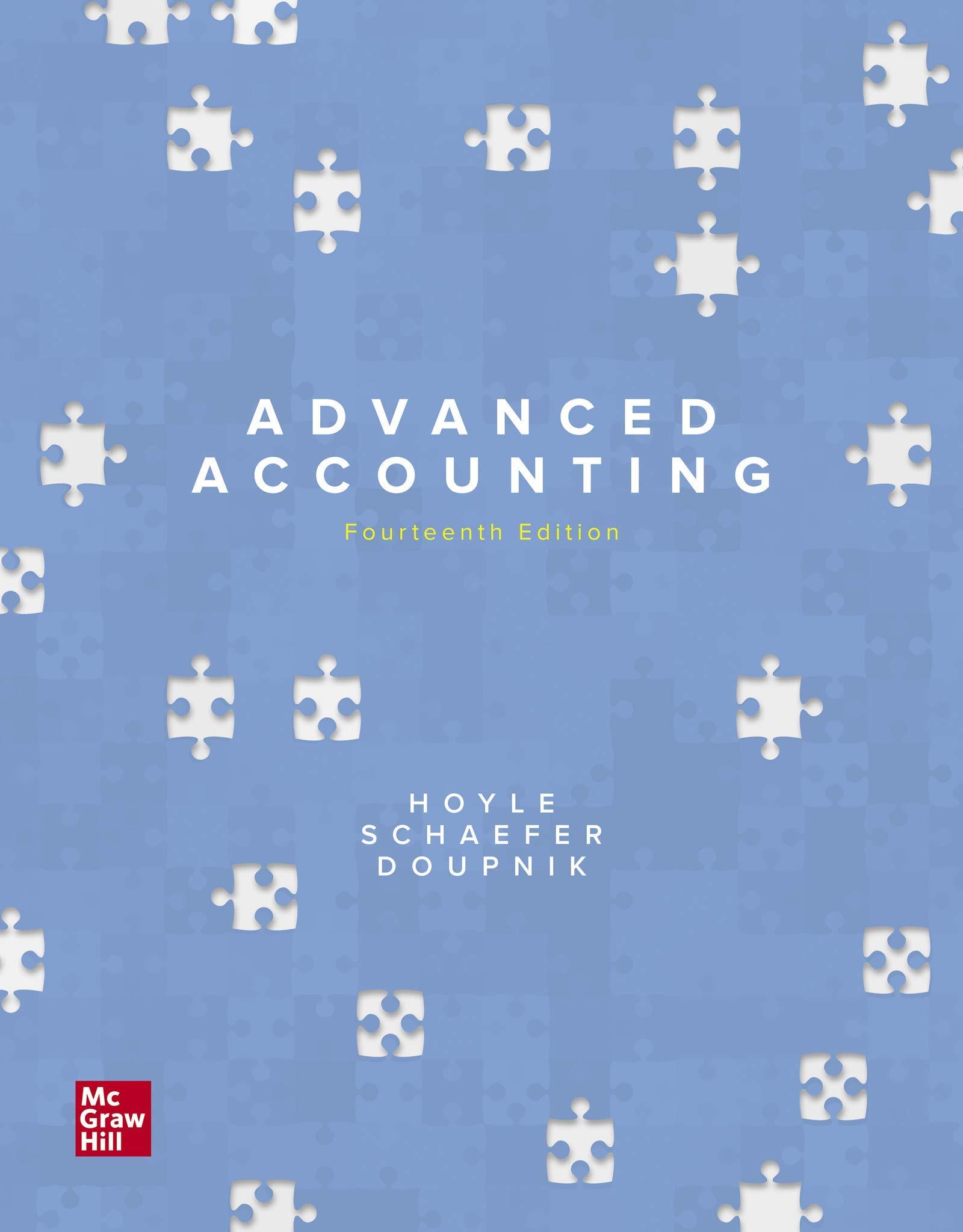management accounting
5. (Continued) Required: a) Explain the meaning of IRR. (2 marks) b) Calculate the cashflows for each of the three options (5 marks) c) Calculate the payback for each of the three options. (2 marks) d) Calculate the ARR for each of the three options. (3 marks)Gershwin Inc is a small company that sells its main product 'The Copland" through various outlets. In recent years demand for the Copland has been steady and the CEO, Susan, does not anticipate any dramatic changes. However she does see an opportunity to introduce a similar new product 'The Bernstein'. Currently the plant on which the Copland is manufactured is showing its age and is becoming increasingly unreliable. Breakdowns are frequent. Susan has decided that the plant must either be thoroughly upgraded, or replaced entirely. She has identified three options. Option 1 is to undertake a major overhaul of the existing plant at a capital cost of $210,000. This would give the plant a further five years of reliable working life. Susan estimates that there will be a net cash inflow of $84,000 for each year of its five year working life. Option 2 is to purchase a new, and more efficient machine of the same capacity as the existing machine at capital cost of $385,000. It should reduce the annual running costs and thus increase annual cashflow by $14,000 more than option 1. This level of cashflow will continue for the machine's working life of ten years. Option 3 is to purchase an altogether larger machine which can produce both the Copland and the Bernstein in the required quantities. This would have a capital cost of $700,000, would also have a ten year life and would bring in the same increase in annual net inflows as option 2. Additionally for this option Susan will cultivate sales of the Bernstein. She hopes to see demand for the Bernstein grow steadily over the expected ten year life of the plant. She estimates that sales of the Bernstein will bring in a further $14,000 net cash inflows in year one compared to Option 2 and these will grow by $14,000 per year each year over the rest of the project life. She also recognises that she will need to make a further investment of $70,000 in working capital at the start of the project. The machines in all three options will have a zero value at the end of their working lives. On the basis of these projections her accountant has correctly calculated the following Internal Rate of Return (IRR) for each option; Option 1 Option 2 Option 3 Internal Rate of Return 29% 22% 16% He is recommending adoption of Option 1 as it has the highest IRR. Susan however is not certain that Option 1 is the best choice and she turns to you for advice. You decide to do a more comprehensive appraisal embracing Payback, Accounting Rate of Return (ARR) and Net Present Value (NPV). For the latter you identify that the company's cost of capital is 10% per annum. Question continues on next page








